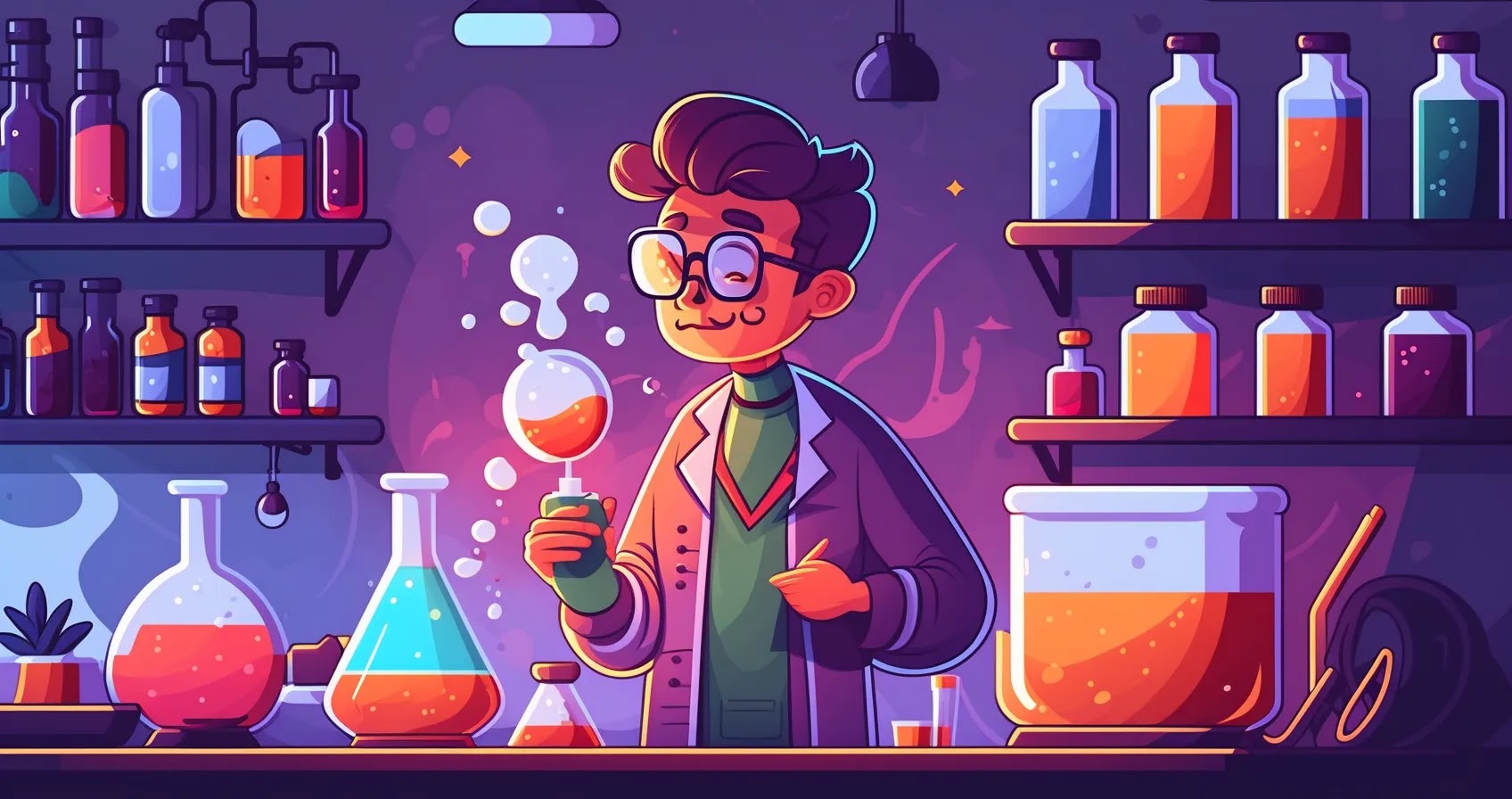Are you interested in the field of chemistry and want to pursue a career as a chemist? One of the entry-level positions in this field is that of a Junior Chemist.
In this role, you will be responsible for assisting senior chemists in conducting experiments, analyzing data, and developing new products. Let’s explore why you should consider becoming a Junior Chemist and how you can pursue this career path.

Quick Navigation:
Why Become a Junior Chemist?
Becoming a Junior Chemist can be the perfect starting point for your career in chemistry. This role will provide you with hands-on experience in a laboratory setting, where you will learn about different chemical processes and techniques.
You will also have the opportunity to work with senior chemists and learn from their expertise. This can help you gain valuable skills that you can use to advance in your career.
How to Become a Junior Chemist?
To become a Junior Chemist, you will need a Bachelor’s degree in chemistry or a related field. Some employers may also require you to have some laboratory experience.
You can gain this experience by working as a laboratory assistant or completing an internship while you are still in college. Once you have completed your education and gained some experience, you can start applying for Junior Chemist positions.
Career Path of a Junior Chemist
As a Junior Chemist, you can expect to work in a laboratory setting, supporting senior chemists in their work. You may also be responsible for maintaining laboratory equipment and keeping the laboratory clean and organized.
With experience, you can advance to more senior positions such as Senior Chemist, Quality Control Chemist, or Research and Development Chemist.
Career Development
To advance in your career as a Junior Chemist, you can consider pursuing higher education such as a Master’s or PhD in chemistry. You can also gain certifications in specialized areas of chemistry, such as analytical chemistry or organic chemistry. These certifications can help you stand out in the job market and increase your earning potential.
Requirements of a Junior Chemist
To be successful as a Junior Chemist, you should have a strong foundation in chemistry and be familiar with laboratory processes and techniques. You should also have good communication skills and be able to work well in a team. Attention to detail is also essential in this role, as you will be responsible for accurately recording data and conducting experiments.
Interview Preparation for a Junior Chemist
To prepare for an interview for a Junior Chemist position, you should research the company and its products. You should also review basic chemistry concepts and laboratory techniques. Be prepared to discuss your education and laboratory experience, as well as any certifications or specialized skills you may have.
Work-Life Balance
As a Junior Chemist, you can expect to work full-time in a laboratory setting. The work can be demanding, but it can also be rewarding as you see the results of your experiments. Employers may offer flexible work schedules or the option to work remotely, which can help you achieve a good work-life balance.
A Day in the Life of a Junior Chemist
Here is a snapshot of what a typical day in the life of a Junior Chemist might look like:
| Time | Task |
|---|---|
| 8:00 AM | Arrive at the laboratory and check email for any urgent requests |
| 8:30 AM | Meet with senior chemist to discuss project status and receive instructions for the day |
| 9:00 AM | Begin conducting experiments and recording data |
| 12:00 PM | Lunch break |
| 1:00 PM | Continue conducting experiments and analyzing data |
| 4:00 PM | Clean laboratory equipment and document experimental results |
| 5:00 PM | Leave the laboratory |
Wrapping Up
Becoming a Junior Chemist can be a great way to start your career in chemistry. This entry-level position can provide you with valuable experience and help you develop the skills needed to advance in your career. With the right education, experience, and certifications, you can become a successful chemist and make a meaningful contribution to the field of chemistry.






